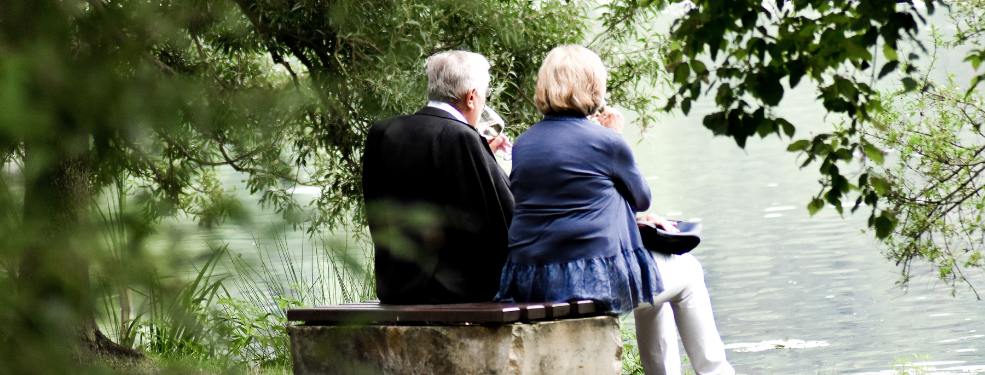When a loved one passes away, their nearest and dearest will experience many emotions such as stress and anxiety. While grief can take a long time to heal, having a will can ensure that family members are not put through excess stress and hurt after that loved one has gone.
Why Do I Need a Will?
Making a will is one of the most important things you can do as it protects your assets as well as ensuring they are divided amongst your loved ones as per your wishes. Your will tells everyone what should happen to your property, possessions and money (your ‘estate’) after you die. Read more about why you should create a will.
What Happens If I Don’t Have A Will?
If a person dies without writing a will, they are said to have died ‘intestate’. Following this, the law will decide how your estate is passed on, which may not be in line with your wishes. Additionally, dealing with a person’s estate when they have not made a will can be complicated and can result in complex issues arising.
In the most complex and serious cases, it can take years to finalise the outcome of that person’s estate. If this is the case, it is recommended that you gather all documents relating to that person’s finances, property and valuable belongings and speak to a solicitor.
Who Can Deal with The Deceased Person’s Estate?
It is usually expected that a close relative, like a spouse, child or parent will have the legal right to deal with the deceased person’s estate if no will has been previously arranged. Additionally, one person will need to be appointed as the administrator of their estate and will need to apply to the Probate Registry for a ‘Grant of Letters of Administration’. Once this has been approved, the grant provides proof to banks and other organisations that you have authority to access and distribute funds that were held in the name of the deceased.
Who Will Inherit the Deceased’s Estate?
There are many rules that determine who will inherit the estate, but it also depends on the deceased’s personal circumstances. If the individual was married or in a civil partnership, and their estate was valued at over £250,000, their husband, wife or partner won’t automatically receive the whole estate. They will receive personal household articles and will be able to inherit up to £250,000 free of tax.
The rest of the estate will be shared between any children and each will get an equal share. If there are no children to inherit the estate, it will then be shared equally among grandchildren.
What If I Feel I Have Not Received A Fair Share?
If you feel that you have not received reasonable financial provision from the estate, you can make a claim under the Inheritance Order 1979. In order to claim, you must be able to prove your relationship with the deceased. As this can be a complicated area of the law, we would recommend seeking advice from a solicitor.
What If I Need Further Advice?
When someone dies without writing a will, the situation can become complicated and confusing. If you would like to find out further information about the process, NI Direct discuss the key factors you should know.
For professional advice about your situation, Contact H McPartland & Sons and talk to a member of the team. Our experienced solicitors will be able to provide advice about creating a will and answer any queries about the process.

